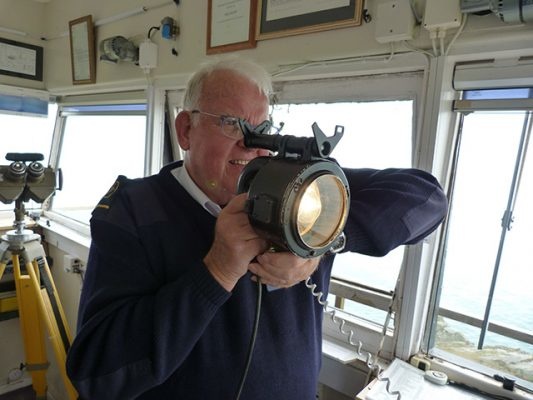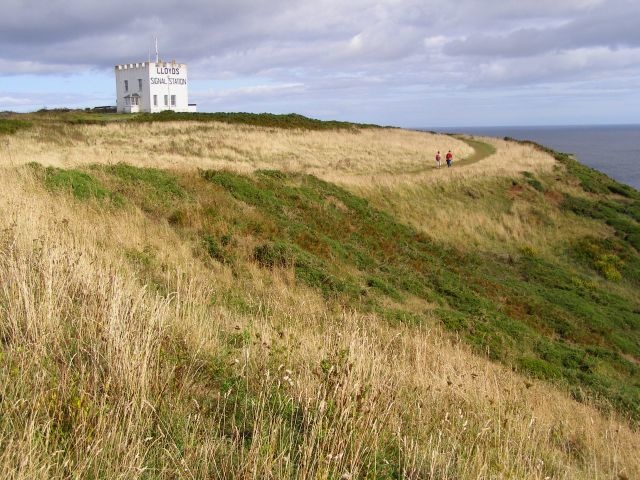Unable to use other means of communication, an observer for the British volunteer rescue organization NCI used Morse code and a signal lamp to keep the boat from running aground near the English Lizard Peninsula.

NCI officer Simon Sugrue was on watch at the Cape Bass Point signal station when he saw a boat heading toward the rocks, which were submerged at high tide. Attempts to alert the crew to the danger by radio signal were futile - it turned out that the vessel was not equipped with an automatic identification system.
At this moment, the boat was already ten hulls away from the rocks. Upon receiving the signal, the boat abruptly changed course to the south and continued safely toward Falmouth.
Sugrue, a former long distance sailing captain, admitted that in all the years of his career, which began in 1950, he had never dealt with a signal lamp:
«It was an interesting minute. I, with the Oldis lamp in my right hand and my phone pressed to my ear, was talking on a hotline to the Coast Guard, who wanted me to report constantly on the unfolding situation».

Station manager Peter Clements pointed out that there are very few places left in the UK where signal lights still exist:
«With the advent of modern technology these days, you're more likely to see Oldis lamps flashing Morse code in films about the World War II Atlantic convoys. But in a situation where our observer was not confused, it proved to be the right tool for the job. His quick reaction probably prevented a serious incident».





